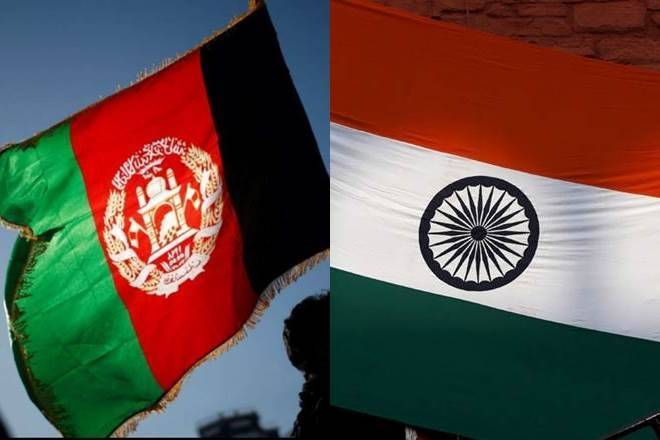The meeting between the Indian Foreign Secretary and Afghanistan’s acting Taliban Foreign Minister in Dubai marks a pivotal moment in India’s foreign policy. Three years after the Taliban’s takeover of Kabul, the engagement signals Delhi’s pragmatic approach toward recalibrating its ties with Afghanistan, placing humanitarian and security concerns at the forefront. This meeting underscores India’s continued commitment to the Afghan people, even under challenging circumstances. While the Taliban regime’s human rights record, particularly regarding women and minorities, remains a serious concern, India appears to be prioritising immediate humanitarian and strategic imperatives over ideological rigidity. The Ministry of External Affairs’ emphasis on India’s humanitarian aid and development assistance is significant. Despite the political complexity, Delhi has maintained an unwavering commitment to the Afghan populace. This outreach extends beyond mere relief measures; it is a strategic effort to counter Pakistan’s longstanding influence in Afghanistan and ensure that Afghan soil is not used for anti-India activities. For Pakistan, the Misri-Muttaqi meeting is a diplomatic setback. Islamabad’s once-cosy ties with the Taliban have frayed, with both sides blaming each other for cross-border terrorism. This shift provides India with an opportunity to reassert its presence in Afghanistan, even as it remains cautious of the region’s volatile dynamics.
China and Russia have taken a pragmatic stance in Kabul, with Beijing eyeing Afghanistan’s untapped mineral wealth and Moscow leveraging its realpolitik history. India’s renewed engagement aims to balance these influences while safeguarding its strategic interests in the region. The assurance from the Taliban regarding India’s security concerns, coupled with promises to facilitate visas for Indian businessmen, students, and patients, is a step forward in normalising ties. Yet, many challenges remain. The Taliban’s domestic policies and its ties with extremist elements must be closely monitored. India must tread carefully, balancing its engagement with robust safeguards to protect its national security and uphold its global democratic values. The Misri-Muttaqi meeting may not resolve all concerns, but it is a calculated step toward ensuring stability in a neighbourhood that remains critical to India’s security and development aspirations.
Trending Now
E-Paper


